29.04.2015
Alev Kılıç
It is principally, scientifically and ethically not possible to accept the one-sided Armenian version of history accusing every other opinion as denialism and even of complicity in the “crime”. As it is well known, Turkey objects three substantial elements of the Armenian allegations:
1) Presentation of the events during the First World War as genocide,
2) The numbers game and the multiplication on the number of the Armenian casualties with a view to further dramatizing the wartime losses,
3) Denial of the sufferings of the Turks at the hands of the Armenians during the revolts and conflicts prior to the war and later in collaboration with the Tsarist Russian army in the east and the French army in the south.
During the period when Turkey remained silent and aloof against the Armenian allegations, the propaganda of the one-sided Armenian narrative continued systematically on the pillars of history, law and political support. Western countries which lent their support to Armenians during the First World War and public opinions that could be influenced by the Armenian diaspora were prioritized to enlist political support.
Although being late to take action, Turkey was able to respond to historical and legal claims put forth by the Armenians. Today, it is possible to say that the historical and legal arguments of the Armenian allegations have lost their credibility and efficiency. Conversely, political support is still strong. However, the Armenian side, cognizant of the limits of political support alone, to balance this emerging deficiency, has brought openly into the scene the common denominator of religion, lurking in the background until recently, exploiting the rising islamophobia nowadays, and exerting every effort to transform this into turcophobia.
It is not likely for Turkey to win over the Western public opinion. A major achievement would be to neutralize the current perception. To regard this situation as a failure or to incongruously question one’s own past is neither the solution nor appropriate. The participation of the Russian and French presidents in the April 24th ceremonies held in Yerevan is a reminder and warning that we should be thankful of, as it clearly showed how historical bonds and animosity against the Turkish people one hundred years ago is reflected to the present. As it is historically documented, during the First World War, Ottoman Armenians joined the Tsarist Russian army which invaded Eastern Anatolia and the French army which invaded Southeastern Anatolia wearing their uniforms and committing atrocities against the Turks and Muslims that even disturbed the commanders of the armies which they joined. Today, these two countries, instead of repenting for the events that they were a part of, still appear to be the proponents of old scores. There could be no better indicator than this to show what Turkey is facing with.
The potential consequences of the blatant inclusion of religion into historical-political controversy is saddening and forecasts a premonition for a bleak future in international relations. Being a sincere proponent of interfaith dialogue and standard bearer of inter-civilizational cooperation, Turkey’s disapproval and strong opposition to the discourse of seeking assistance to a historical and political controversy by converting it to a Christian-Muslim conflict needs recognition as a contemporary and civilized approach and should be duly acknowledged.
© 2009-2025 Center for Eurasian Studies (AVİM) All Rights Reserved
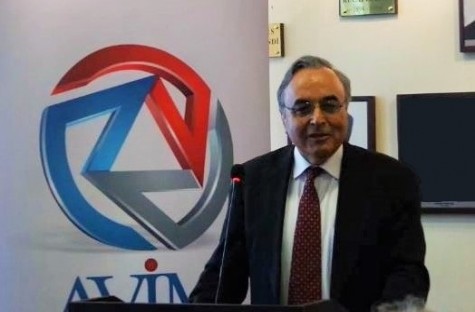
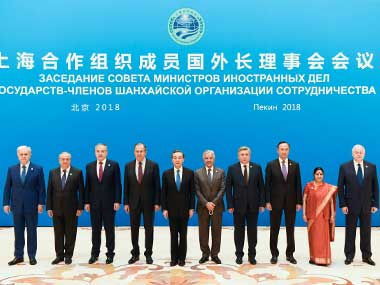 A VIEW ABOUT 18TH MEETING OF SHANGHAI COOPERATION ORGANIZATION COUNCIL OF HEADS OF MEMBER STATES
A VIEW ABOUT 18TH MEETING OF SHANGHAI COOPERATION ORGANIZATION COUNCIL OF HEADS OF MEMBER STATES
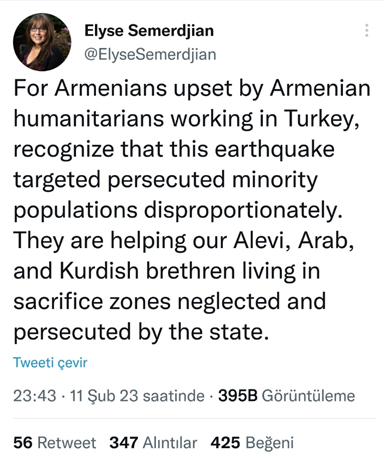 RACISM AND BIGOTRY IN ACADEMIA: THE ELYSE SEMERDJIAN CASE
RACISM AND BIGOTRY IN ACADEMIA: THE ELYSE SEMERDJIAN CASE
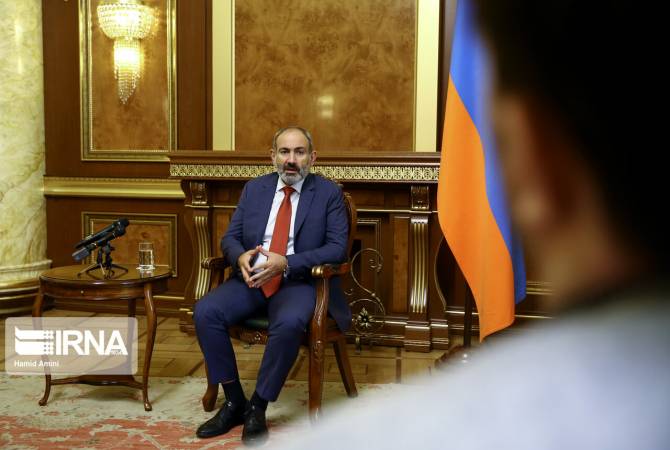 PASHINYAN AND MNATSAKANYAN’S DISCREPANCIES REGARDING RELATIONS WITH TURKEY
PASHINYAN AND MNATSAKANYAN’S DISCREPANCIES REGARDING RELATIONS WITH TURKEY
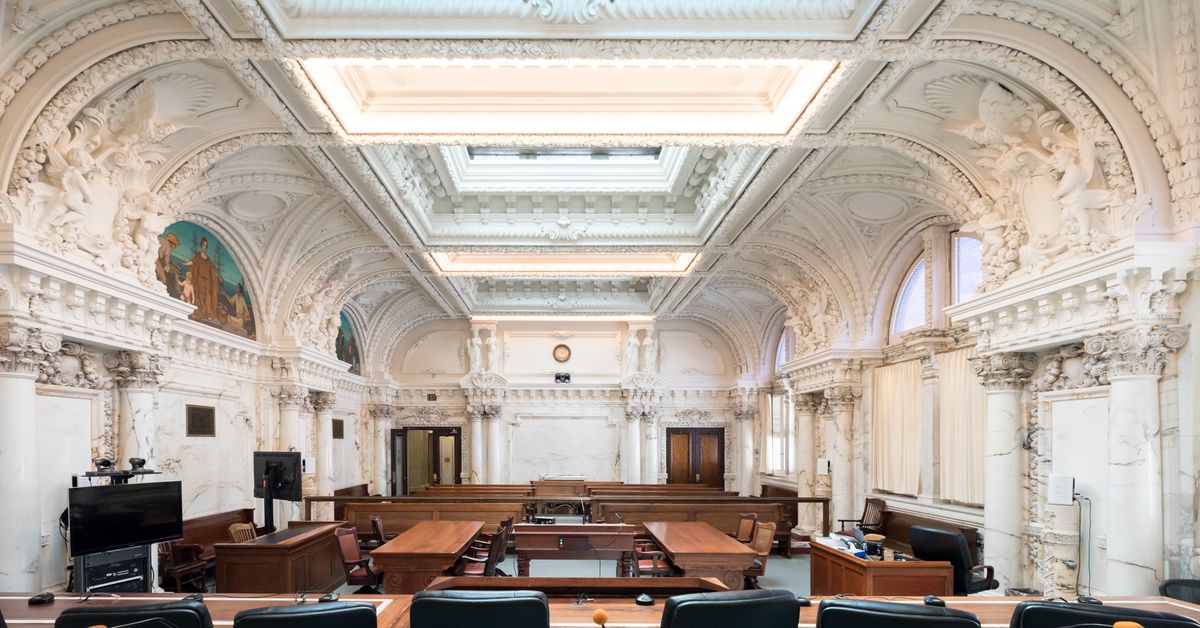 BAKALIAN CASE APPEAL HEARING HELD IN CALIFORNIA
BAKALIAN CASE APPEAL HEARING HELD IN CALIFORNIA




























